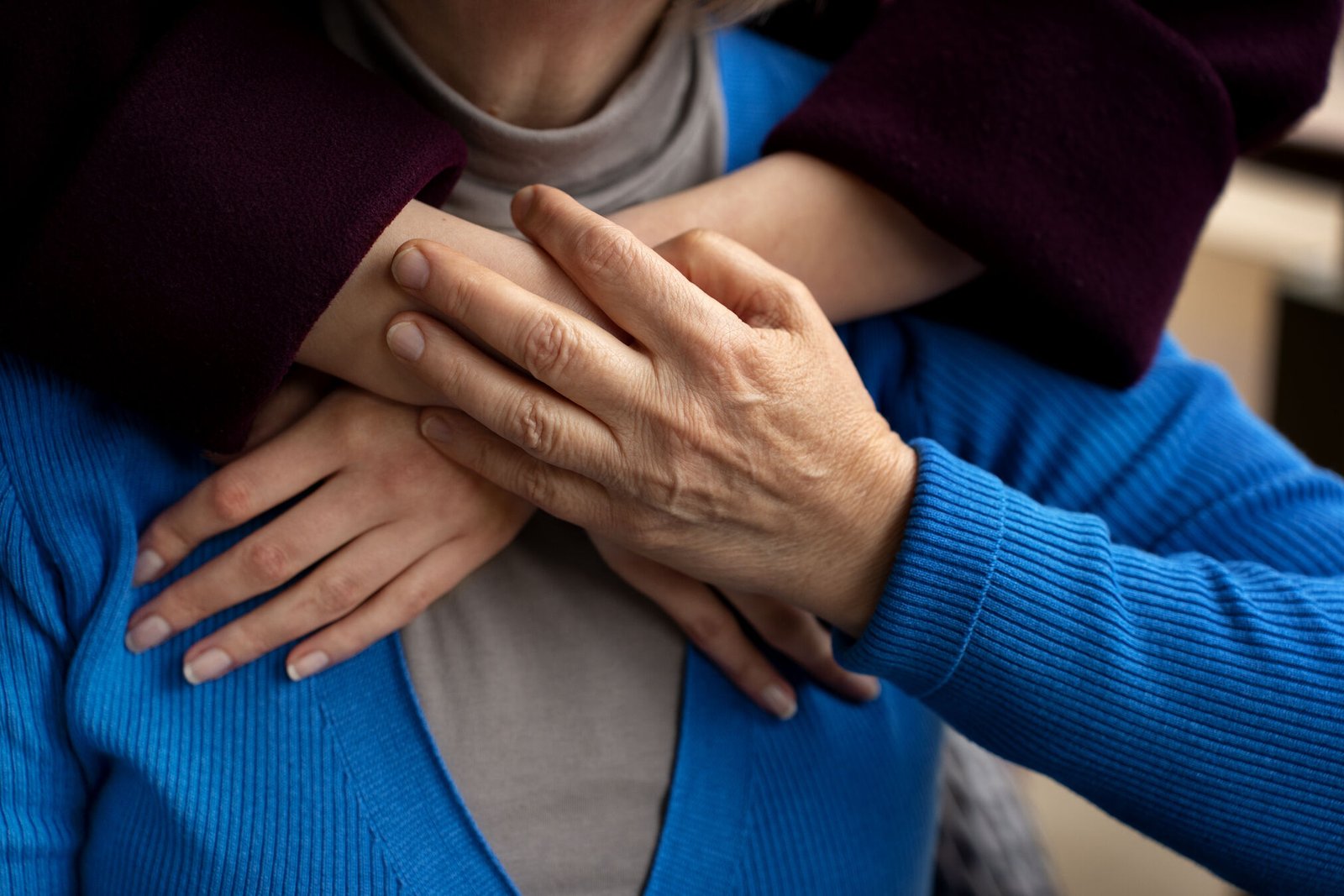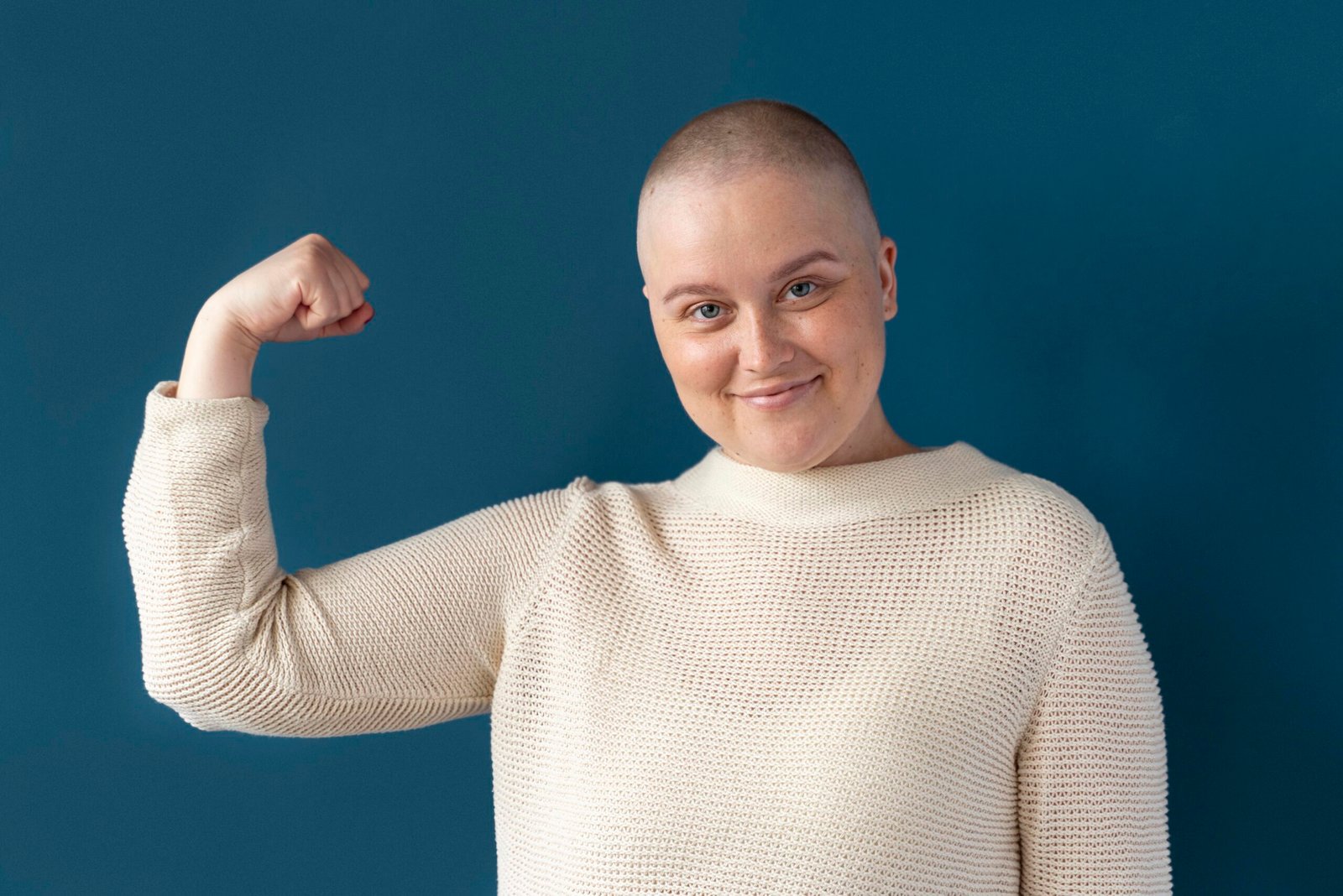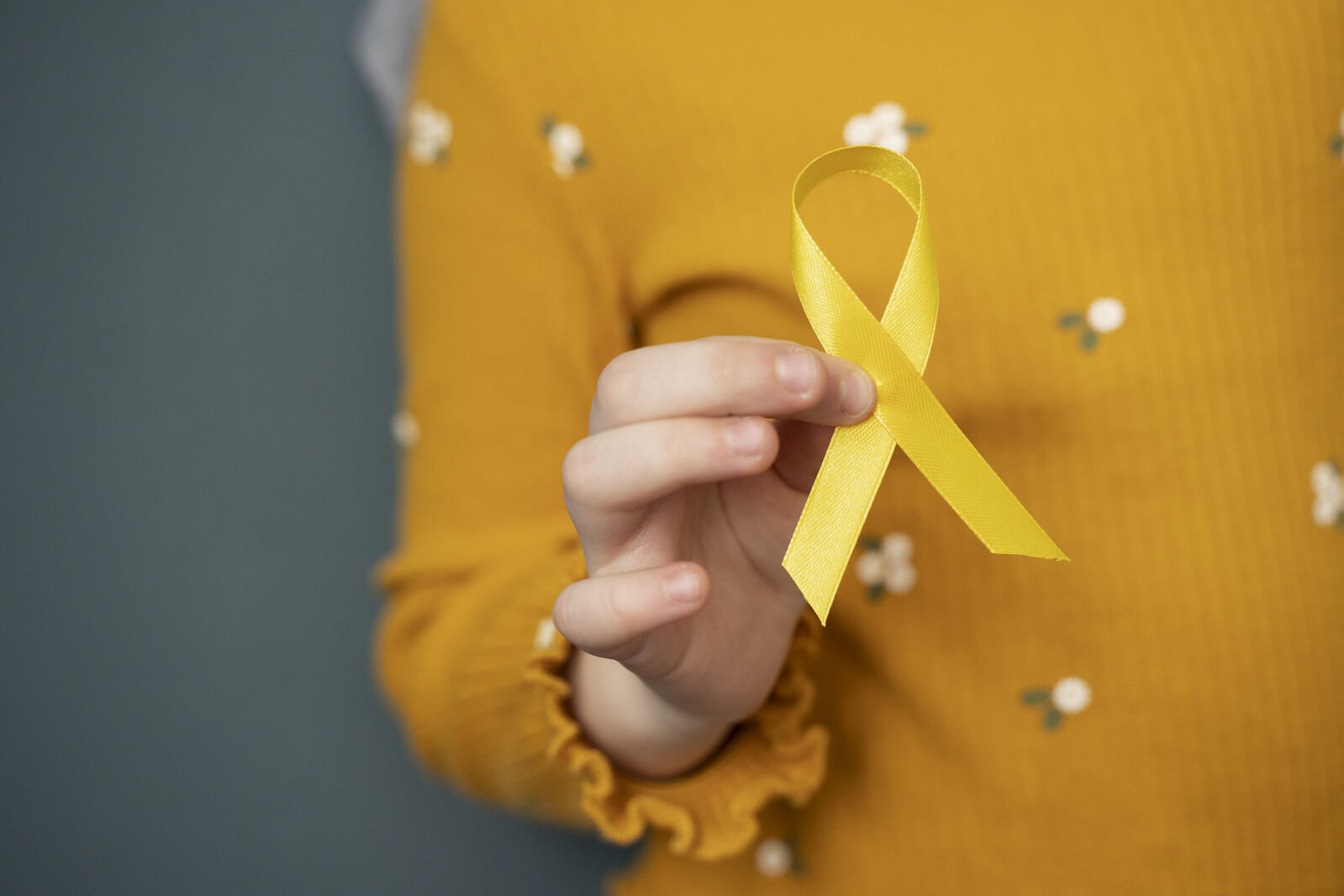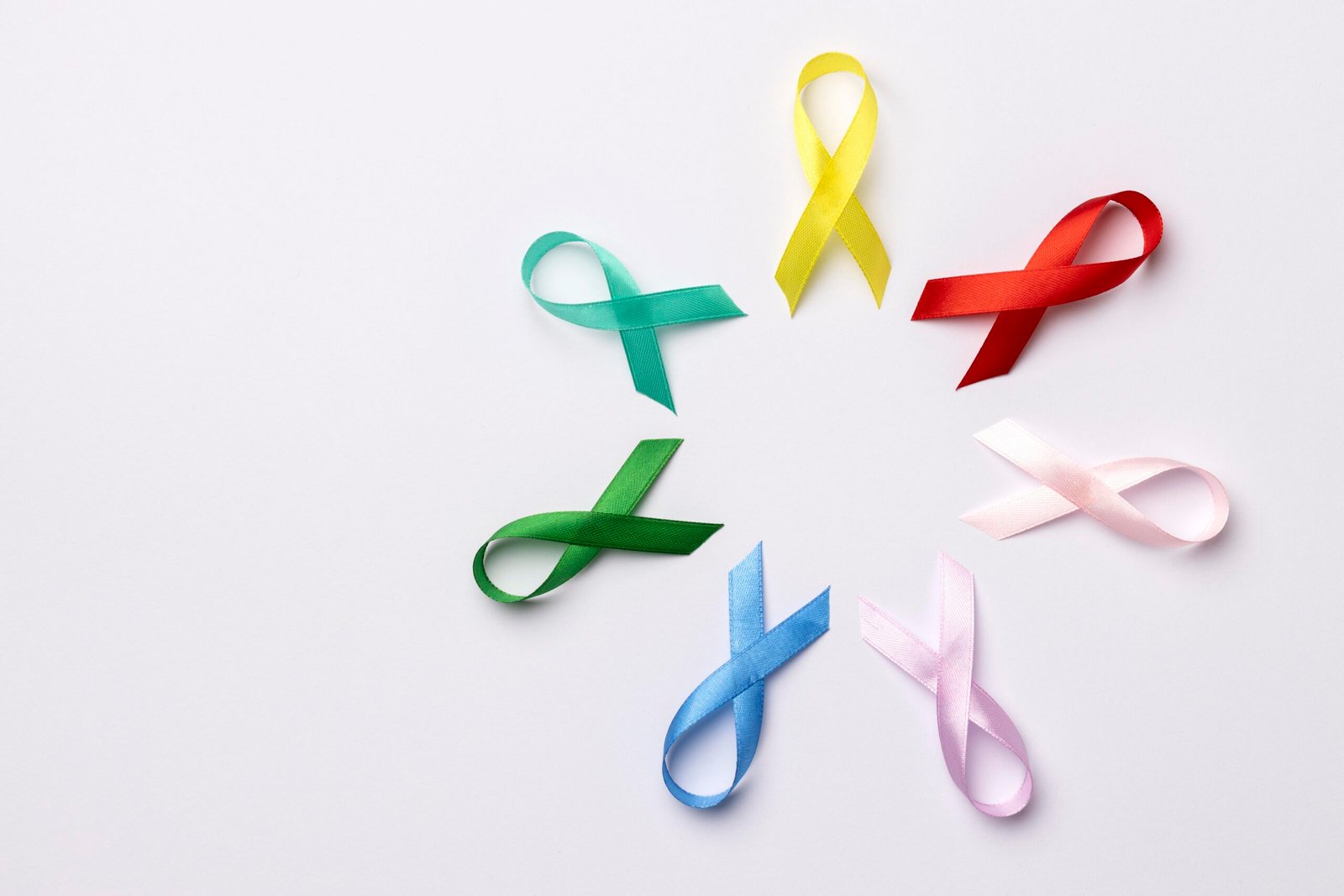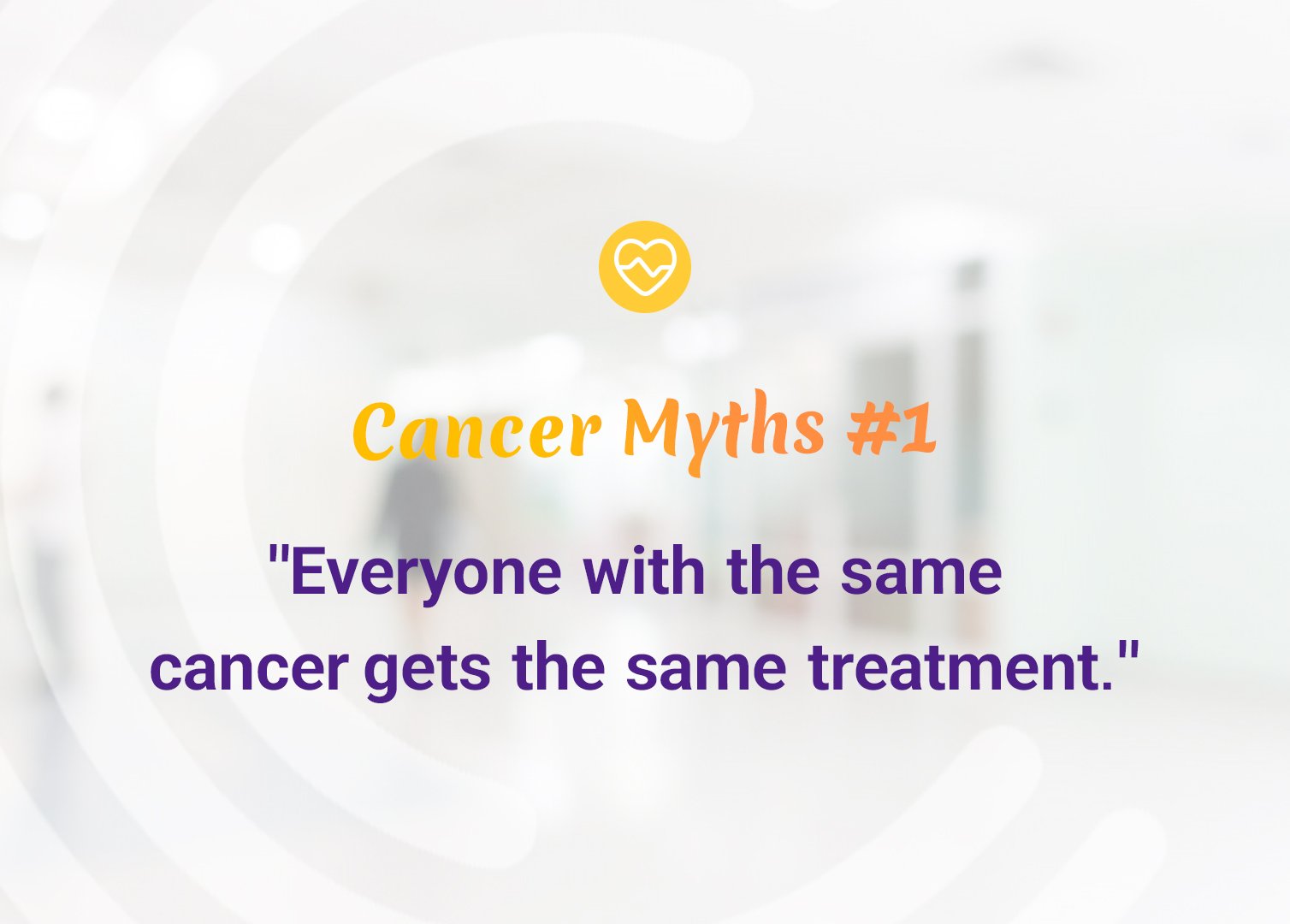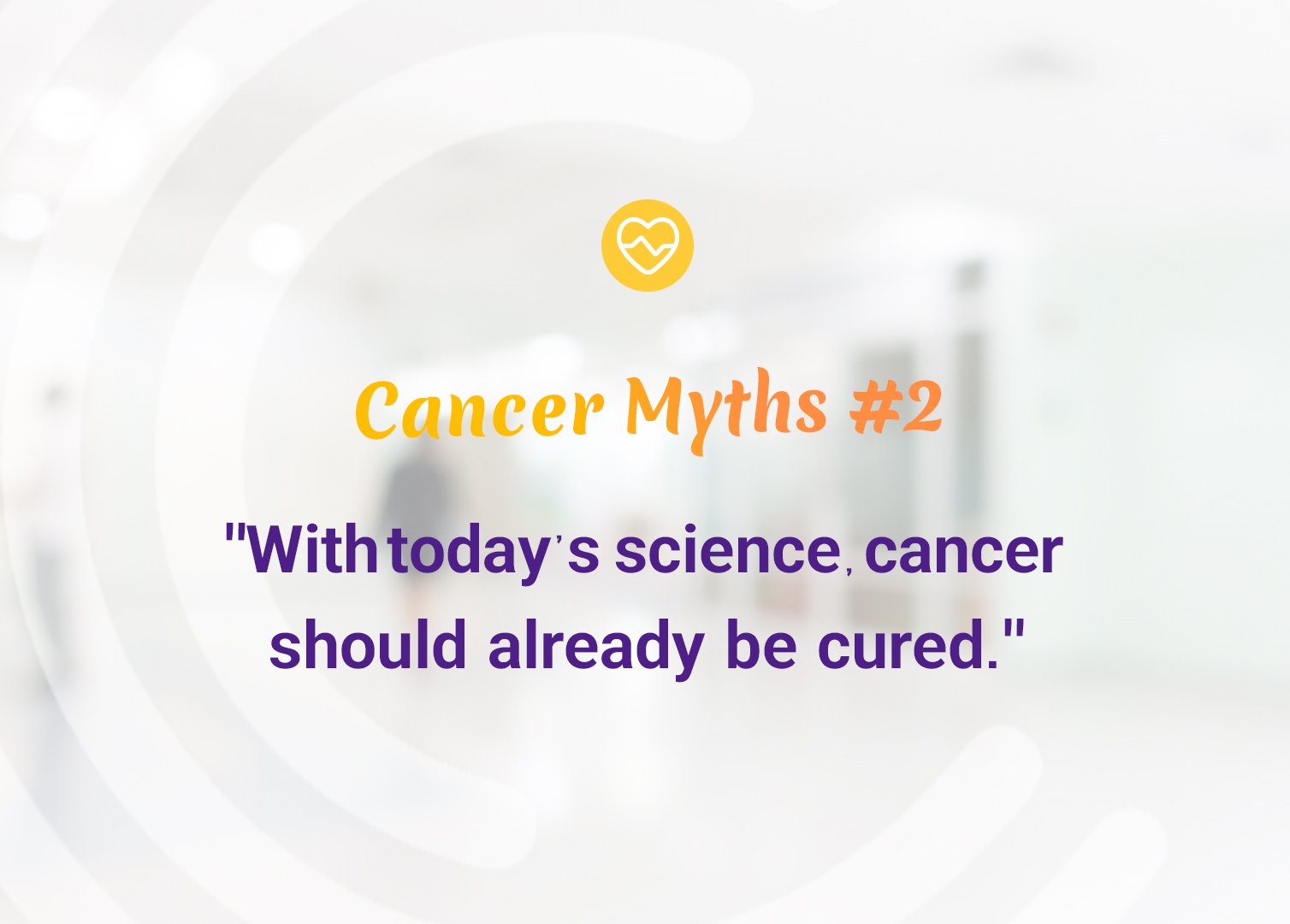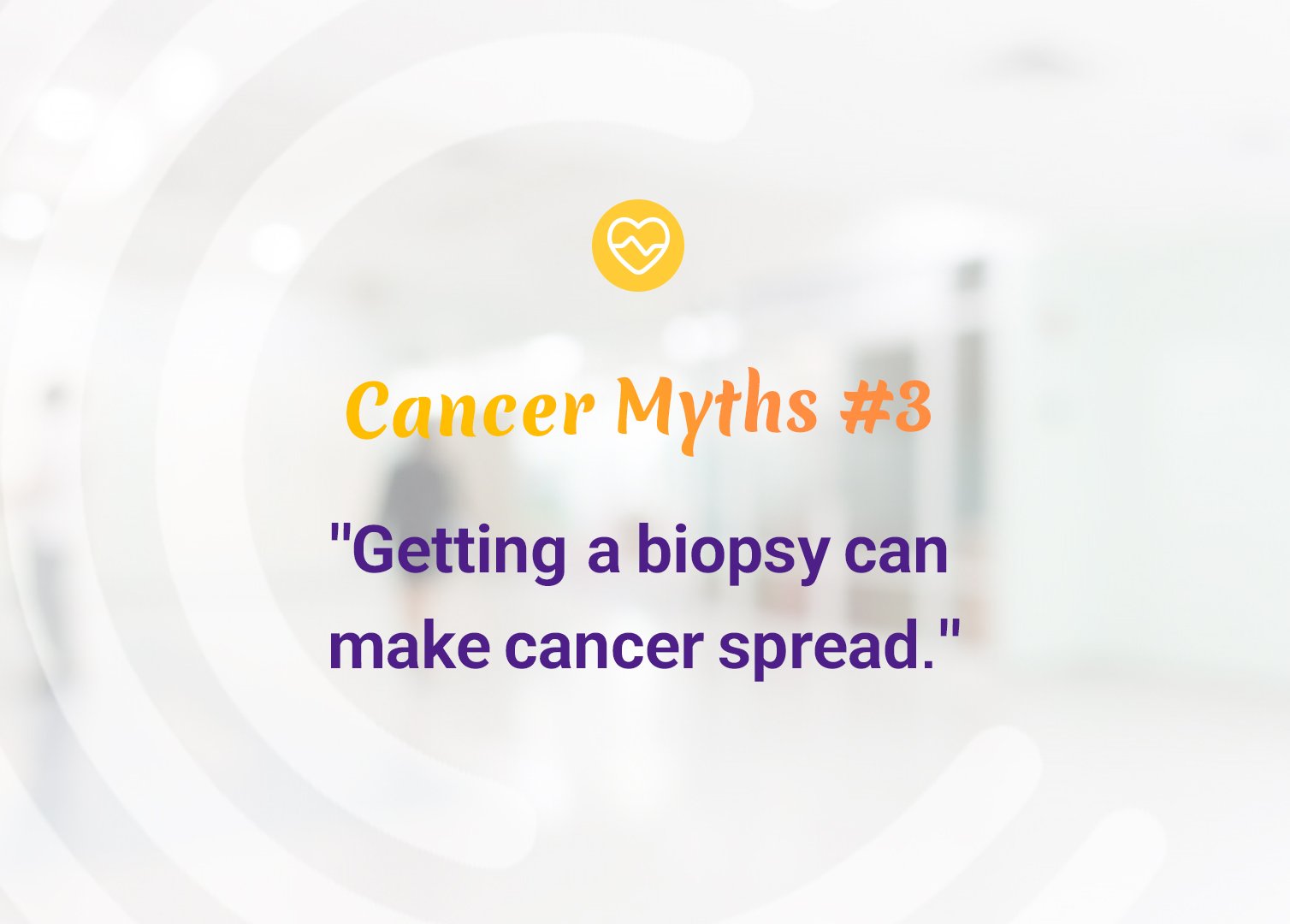A Vital Part of Cancer Treatment
Palliative care is not just for the final stages of cancer. It helps manage symptoms, improve quality of life, and support emotional, physical, and spiritual needs.
Introduction
Palliative care is often misunderstood. Many people think it means giving up, but that’s far from the truth.
- Palliative and supportive care focus on relieving symptoms and improving comfort
- It can be provided at any stage of cancer, even during active treatment
- It includes care for the body, mind, and emotions, and also supports the patient’s family
- It helps patients and families navigate care with more comfort, clarity, and support
What Does Palliative Care Include?
Palliative care is personalized support that addresses all areas of well-being.
It may include:
- Pain relief and management of other physical symptoms (nausea, fatigue, appetite loss)
- Emotional and mental health support, such as counseling or therapy
- Nutritional support to help maintain strength during and after treatment
- Social and family support, including caregiver support and family communication
- Spiritual care, if desired, to help cope with meaning and uncertainty
- Decision-making support, helping you understand treatment options and what matters most to you
When Should Palliative Care Start?
The answer is: as early as possible.
- Palliative care is not only for late stages.
- It can begin as soon as you are diagnosed, especially with advanced or long-term cancer.
- Studies show that early palliative care leads to:
- Better symptom control
- Improved mood and quality of life
- Fewer hospital visits
- Sometimes even longer survival
- Better symptom control
Who Provides Palliative and Supportive Care?
This type of care is often delivered by a team of specialists, working together with your oncology team.
- Palliative care doctors and nurses
- Psychologists or mental health counselors
- Nutritionists and physical therapists
- Social workers and case managers
- Spiritual care providers or chaplains
- Your oncologist remains closely involved in your overall treatment plan
Is Palliative Care the Same as Hospice?
No, they are different.
| Palliative Care | Hospice Care |
| Available at any stage | For people with limited life expectancy |
| Given alongside active treatment | Focuses only on comfort care |
| Helps improve quality of life | Helps ease final stages of life |
Final Thoughts: Care That Cares
Palliative and supportive care are about living better, not giving up. Whether you’re in treatment, recovering, or living with long-term cancer, this type of care can:
- Ease the burden of side effects
- Support your mental health
- Help your loved ones cope
Empower you to focus on what matters most
